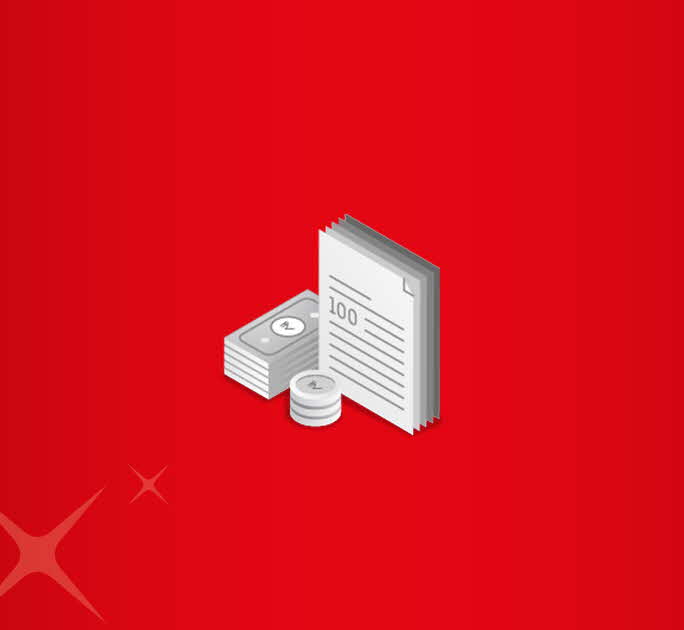- Save
- Invest
- Borrow
- Pay
- More
- Customer Services

Types of ETFs
Diversify your investment portfolio with different types of ETFs in India
Key Takeaways
- ETFs or exchange-traded funds invest in a basket of securities.
- ETFs mimic the stock market index to generate high returns.
- Equity ETFs, Debt ETFs, Commodity ETFs, and Index ETFs are the most commonly traded ETFs.
- Equity Funds invest in stocks of companies that trade on the stock exchanges.
- Index Funds track popular market indices like Nifty and Sensex.
Are you looking for high returns on investments? Do you want to take advantage of the booming economy, but you do not want the hassle of aggressively trading in the stock market? Then an Exchange-traded fund is for you. ETFs, like stocks, get traded in the stock market while being structured like mutual funds. Due to their diverse structures and unique attribute of investing across numerous securities, ETFs are widely popular mutual fund schemes. Let us take a look at different types of ETFs and their features.
What is ETF?
Exchange-Traded Funds (ETFs) are mutual fund schemes that you can trade on the stock exchange. ETF prices are based on the Net Asset Value (NAV) of the basket of securities in which the fund manager invests.
Types of ETFs in India
Listed below are the various types of Exchange Traded Funds, based on the companies they invest in and the variety of asset classes.
Equity ETF
Equity ETFs combine investing in equity stocks and equity mutual funds. Like any other company stock, these ETFs get traded on the stock exchange, i.e., you can buy or sell ETFs at market prices in real-time. They have lower costs and offer transparency. An Equity ETF is further classified as follows:
- Market-Based: Based on the market capitalisation, these ETFs can be divided into small-cap, mid-cap and large-cap.
- Sector-Based: Instead of investing in different company stocks of various sectors, sector ETFs invest in different companies within a specific sector, e.g., Bank ETFs, Pharma ETFs, Automobile ETFs, etc.
- Factor-Based: Factor-based ETFs track indices based on several factors, including volatility, momentum, size, alpha etc.
Debt ETFs
Another type of ETF in India, Debt ETFs invest in fixed-return instruments like government securities, debentures, certificates of deposits, commercial papers, etc. These ETFs are primarily deemed as safe investments that provide steady returns. Default risks are eliminated due to sovereign support.
Commodity ETFs
Commodity ETFs invest in assets like gold, silver, platinum, etc. Fund managers passively manage these ETFs. The NAV fluctuation depends on the demand and supply of commodities. Gold ETFs are the most common, investing in a combination of stocks and physical gold. Investment in gold via ETFs entails a lower cost than direct physical gold investments in jewellery. Also, when you do sell the ETFs, you do not receive actual gold but its cash equivalent.
Liquid ETFs
Liquid ETFs invest in money market instruments or government securities with short-term maturity tenures. This type of ETF is designed to minimise market volatility risk to offer returns resembling the underlying market index it tracks.
Index EFTs
Index ETFs are the most common ETFs. They track market indices like Nifty, Sensex, Nifty 100, S&P BSE Sensex etc. Returns of Index ETFs depend on returns of specific indices tracked by fund managers.
Final Note
With different types of ETFs, you can invest in a basket of securities, buy various stocks of good companies and diversify your investment portfolio. If one asset class underperforms, another may perform well and minimise the inherent risks associated with the investments.
Download the digibank by DBS Bank and start investing in minutes! Also, open your savings account with us.
*Disclaimer: This article is for information only. We recommend you get in touch with your income tax advisor or CA for expert advice.










